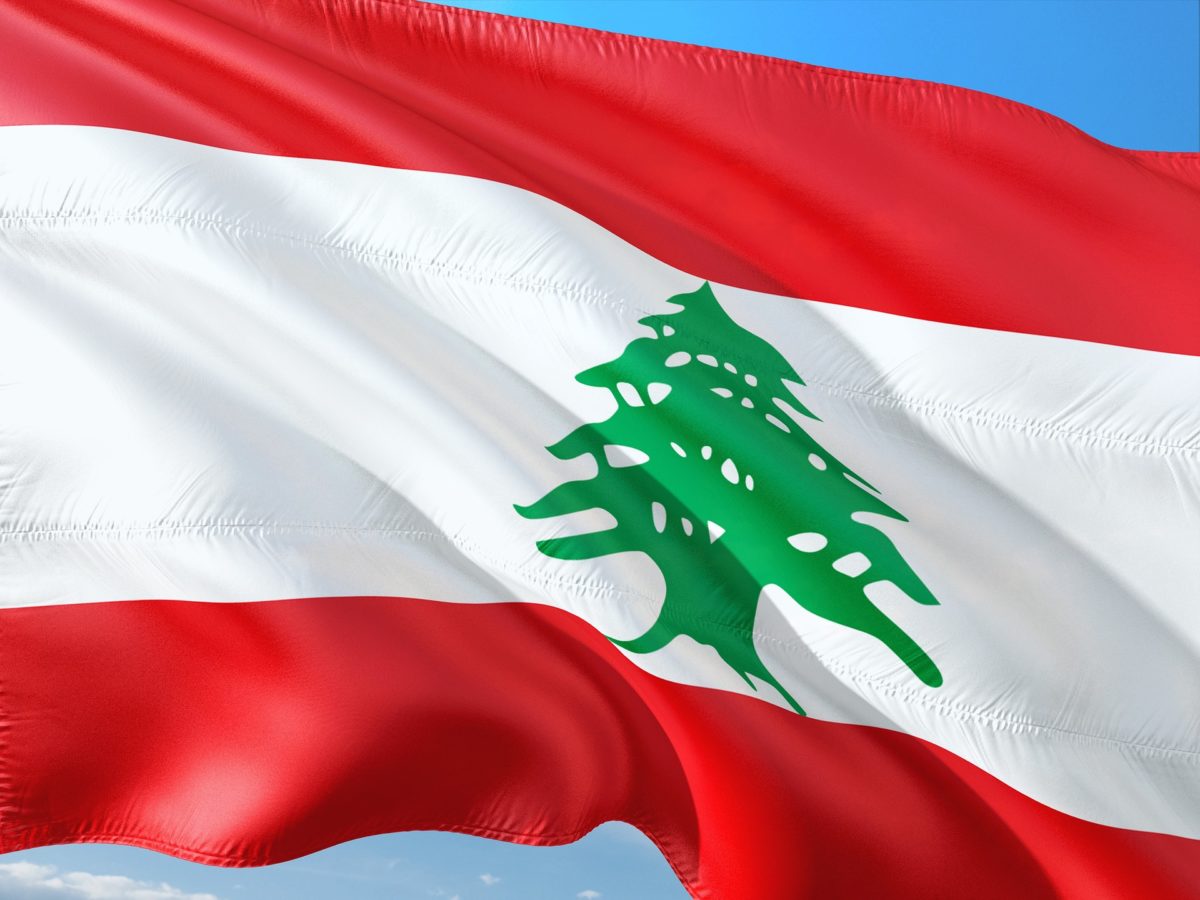The European Bank for Reconstruction and Development (EBRD) has issued a request for proposal to select consultants for a feasibility study for the development of a solar PV project ranging in size from 300-500 MW.
The project would be in the Tufail region, a border area in the eastern part of the country surrounded by Syrian territory and which was particularly hard hit by the war in the neighboring nation.
The EBRD document states the American University of Beirut has identified 10-15 km2 of elevated flat land with high solar irradiation which would be suitable for the solar park. The international lender said the project would rely on its proximity to the Lebanese grid, with two potential connection options, as well as to those of neighboring countries, offering the prospect of supplying power to devastated Syria.
The plant would be developed on land owned by Lebanese central bank the Banque du Liban. Further financial and technical details of the project were not disclosed.
PV project pipeline widens
If developed, the project would supplement those already tendered by Lebanon’s Ministry of Energy and Water. A procurement exercise for three 100 MW solar-plus-storage projects attracted 75 expressions of interest, and a tender was held for 180 MW of PV generation capacity. There have also been minor tenders which pv magazine has reported on.
Despite such progress, however, Lebanon had a cumulative installed PV capacity of just 42 MW at the end of 2018, according to the International Renewable Energy Agency. Last year, new PV additions totaled just 6 MW, most of it small and medium sized rooftop systems.
The country’s installed power generation capacity stands at around 2 GW with peak demand estimated at around 3.6 GW and covered by electricity imports mainly from Syria and Egpyt. Most of Lebanon’s electricity demand is met by thermal power plants and hydroelectric facilities owned by state-owned utility Electricité du Liban.
This content is protected by copyright and may not be reused. If you want to cooperate with us and would like to reuse some of our content, please contact: editors@pv-magazine.com.




1 comment
By submitting this form you agree to pv magazine using your data for the purposes of publishing your comment.
Your personal data will only be disclosed or otherwise transmitted to third parties for the purposes of spam filtering or if this is necessary for technical maintenance of the website. Any other transfer to third parties will not take place unless this is justified on the basis of applicable data protection regulations or if pv magazine is legally obliged to do so.
You may revoke this consent at any time with effect for the future, in which case your personal data will be deleted immediately. Otherwise, your data will be deleted if pv magazine has processed your request or the purpose of data storage is fulfilled.
Further information on data privacy can be found in our Data Protection Policy.